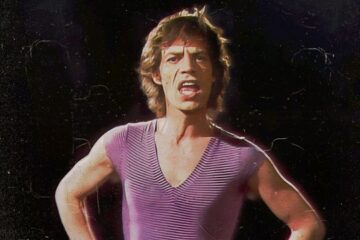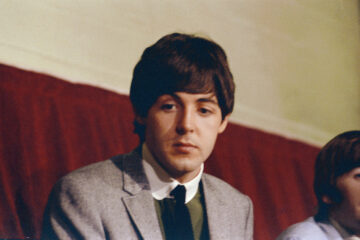If you’re looking for advice on how to survive the entertainment industry, few people could provide words with more wisdom and weight than Paul McCartney. Propelled to global success by his songwriting contributions to The Beatles, the Liverpudlian lyricist has been dealing with the highs and lows of fame for over half a century. Expectedly, then, when Ron Howard received some guidance from the Beatle, he made sure to take it on.
While McCartney is known for his work in the music realm, Howard’s craft sits firmly in Hollywood. After finding success through acting in his youth, starring on television and in films in childhood, Howard eventually found that his calling was behind the camera. He turned his focus to directing, most notably helming A Beautiful Mind.
Between Academy Awards and acting credits, Howard honed a career to be proud of, but he wasn’t always happy to chat about his earlier work. That is until he received some guidance from McCartney on how to approach questions about his experience of child stardom.
Though McCartney didn’t have the exact same experience, he has needed to deal with constant questioning about The Beatles into his career with Wings, into his solo career and beyond. People are, expectedly, always hoping to hear more about the years of the Fab Four, and McCartney used to worry that it would overshadow the work that preceded it.
While chatting with Howard, he explained those feelings. “He said, ‘You know, I used to feel like I couldn’t afford to spend too much time talking about The Beatles,” Howard remembered during an interview with Graham Bensinger, “as it might cast a shadow over what I was trying to do with my work in the present moment.’”
Eventually, McCartney grew tired of those feelings and opted to toss them aside, deciding to take pride in those years of his life and his ability to share them. According to Howard, he noted that his work today “stands for itself,” but acknowledged that his time with the Beatles was meaningful both to audiences and to him.
When he made this decision, he found it “really liberating”. Howard seemed to have similar feelings about his acting career, though he has since out shadowed them with so much success in the directing realm. While he may have worried that his earlier work in acting would take away from his filmmaking ventures, he has now become far more well-known for the latter.
Still, Howard found that when he made the same decision to take pride in his earlier work rather than worrying about its bearing on his new work, he felt a similar sense of relief. “I just recognised the wisdom of those words,” he stated, “and I feel that way about talking about it.”
While artists can worry that early success will overshadow their later work, it’s certainly better to own and take pride in it rather than dodging questions. McCartney will never be able to escape questions about The Beatles – they’re the biggest band of all time, they’ve changed the lives of countless people and, particularly, the life of McCartney. But this doesn’t detract from the work he did that followed. In the same way, Howard’s early acting work doesn’t detract from his directorial work.
Watch the trailer for Howard’s Beatles documentary, The Beatles: Eight Days a Week, below.



